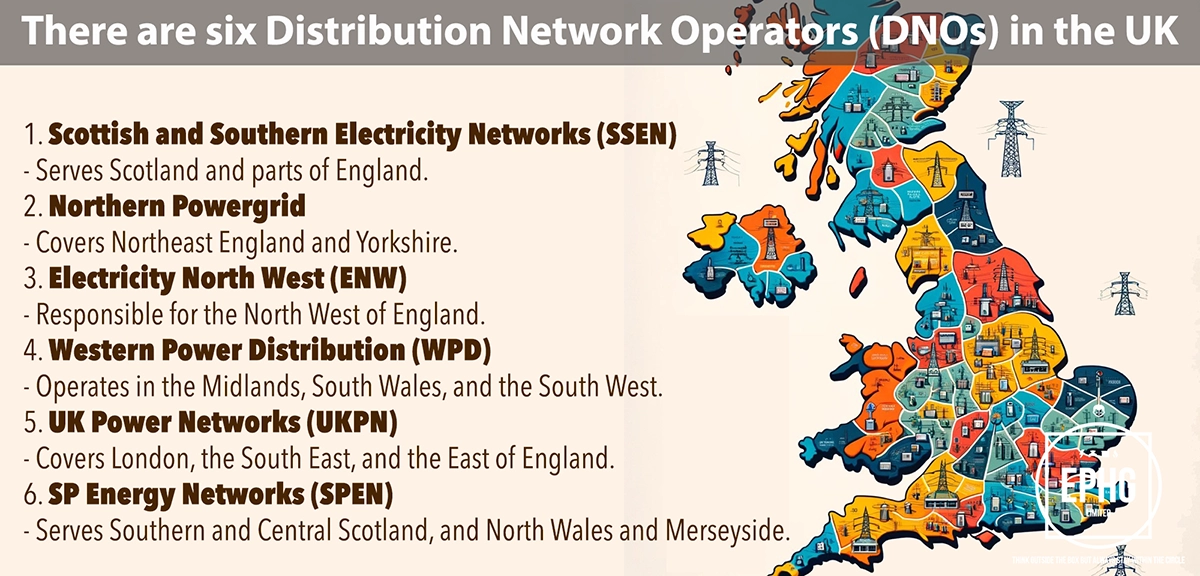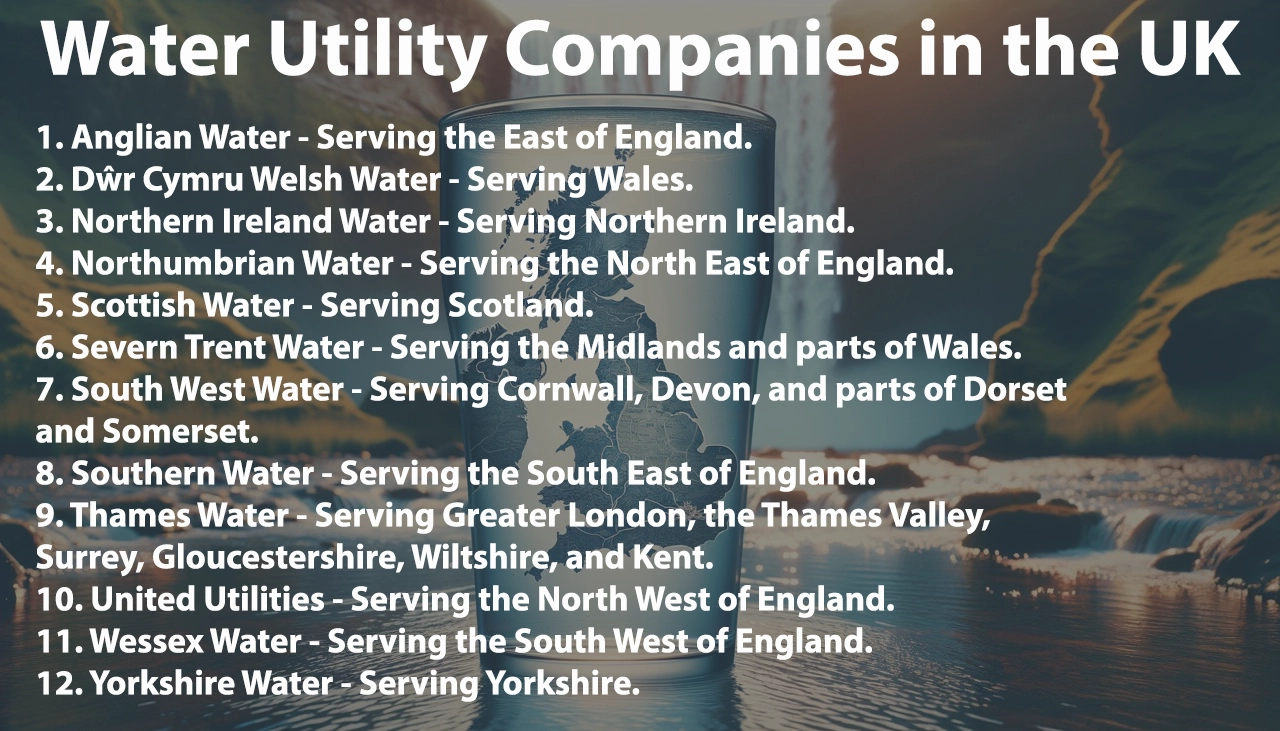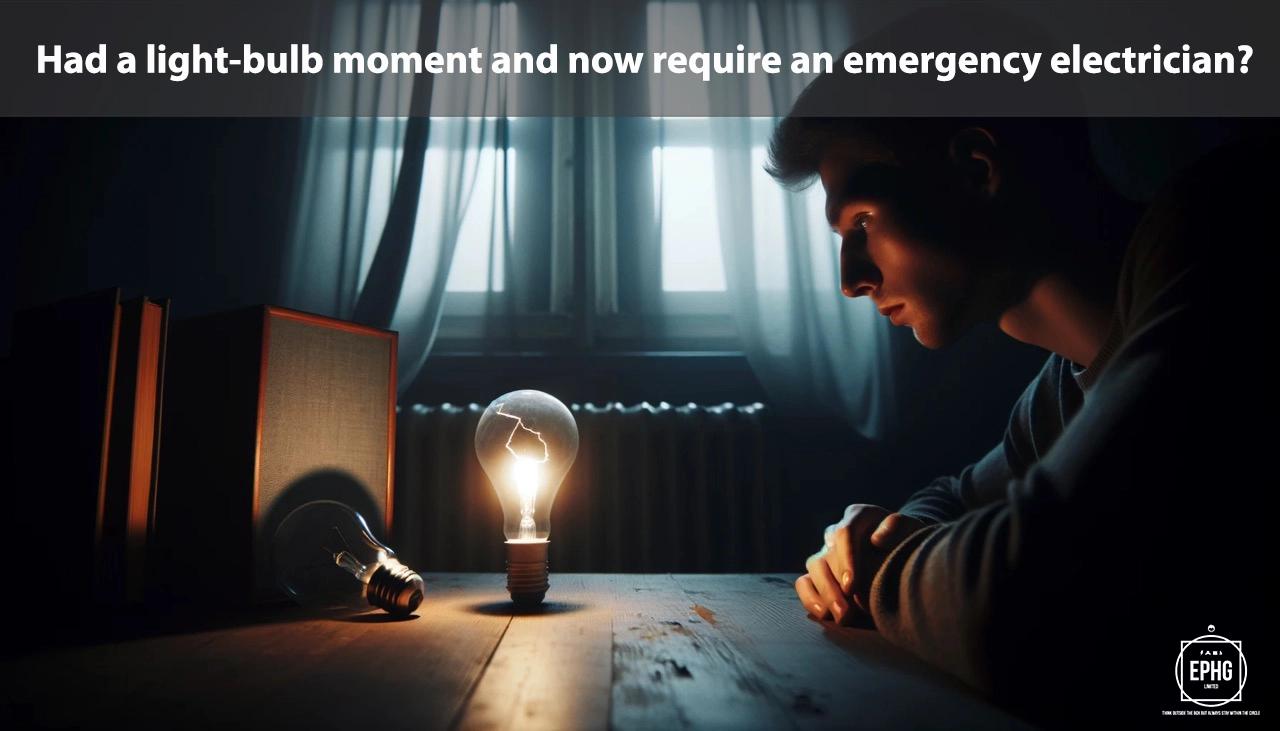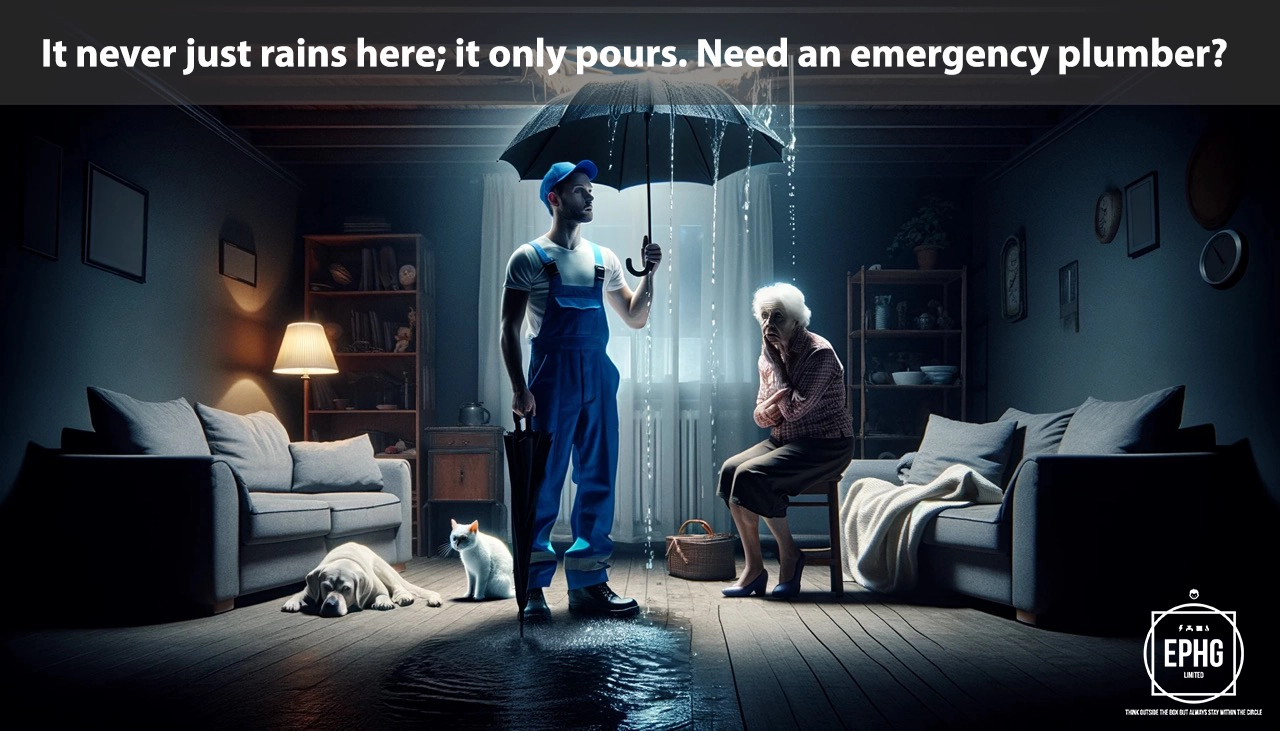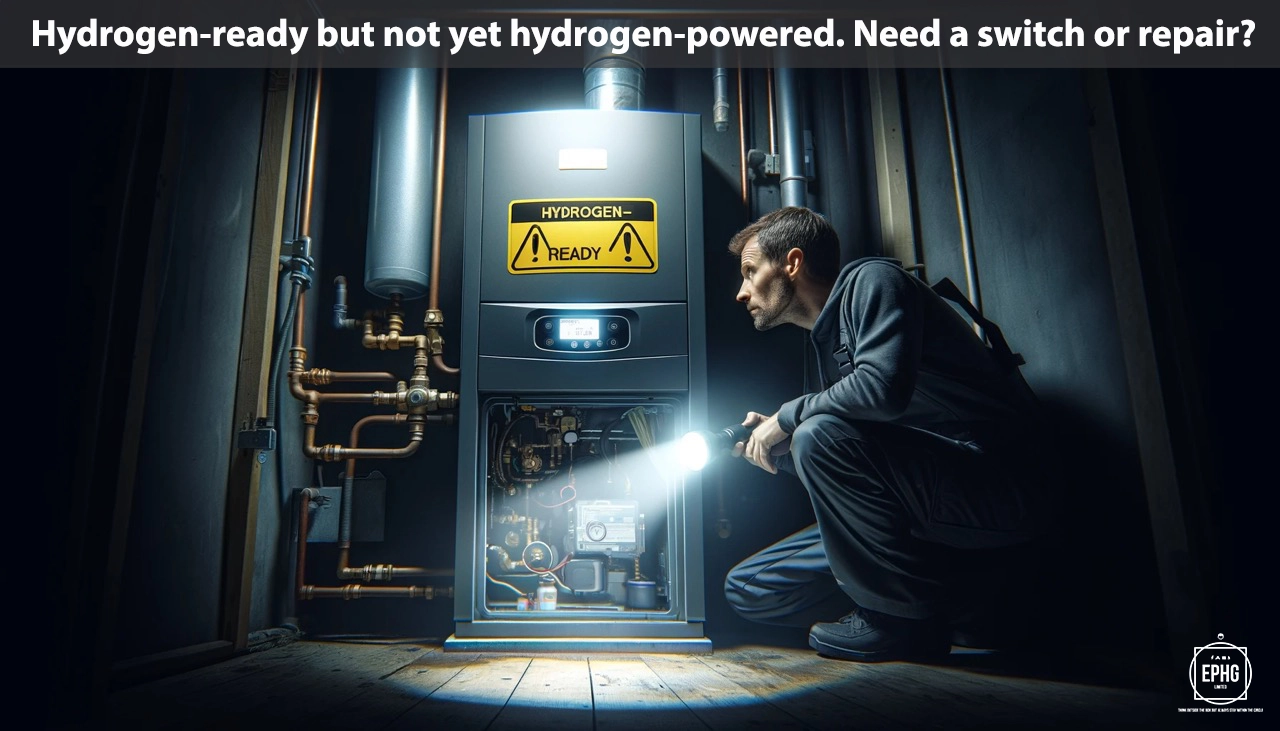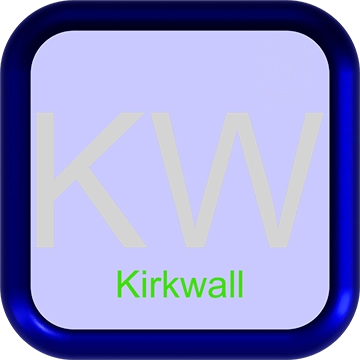
KW Postcodes for Utilities & Services in Kirkwall and Orkney
Introduction: The KW postcode area, encompassing Kirkwall and the wider Orkney Islands, offers a unique blend of history, culture, and natural beauty. This section aims to provide residents and visitors with essential information on water, electricity, and other utilities in the region.
Water in Kirkwall and Orkney
Where does the water supply come from in Kirkwall and Orkney, and is there ever a shortage of water?
In the KW postcode area, particularly in Kirkwall and the Orkney Islands, the primary water supply comes from local freshwater sources, including lochs and reservoirs scattered across the islands. Notable sources include the Boardhouse Loch, the Harray Loch, and the Stenness Loch. These natural reservoirs capture rainwater, which is then treated to meet safety standards before distribution to the local communities. Orkney has a generally mild, wet climate, ensuring a stable supply of water most of the year. However, the islands can occasionally experience dry spells, particularly during the summer months. While Orkney rarely faces severe water shortages, residents are encouraged to use water responsibly, and local authorities implement conservation measures when necessary to ensure sustainable water usage across the islands.
What is the hardness & quality of the water in Kirkwall and Orkney, and can this affect your health?
The water in the KW postcode area, covering Kirkwall and the Orkney Islands, tends to be soft due to the nature of the local geology, predominantly sandstone and other sedimentary rocks. This means the water has naturally low levels of calcium and magnesium, minimizing limescale buildup and making it more effective for washing and cleaning. The water quality is closely monitored by Scottish Water to ensure it meets rigorous health and safety standards. Regular testing is conducted to ensure the water is free from harmful contaminants and pollutants, ensuring it is safe for all household and commercial uses. While soft water is generally considered better for skin conditions and may reduce the risk of developing kidney stones, it is important for residents to maintain a balanced diet to compensate for the lower mineral content typically provided by harder water. Authorities continue to prioritize water quality, ensuring it remains safe and beneficial for the community's health.
Electricity in Kirkwall and Orkney
Where does the electric supply come from in Kirkwall and Orkney, and what is the future of energy there?
The electric supply in Kirkwall and the surrounding Orkney Islands primarily comes from renewable sources, reflecting the area's strong commitment to sustainable energy. Orkney is a pioneer in green energy, particularly with its significant wind power resources, tidal energy, and innovative marine energy research. The European Marine Energy Centre (EMEC) in Orkney is at the forefront of testing wave and tidal energy converters, positioning the islands as leaders in renewable energy development. The community also benefits from smaller scale wind turbines and solar panels that contribute to the local grid. Looking ahead, the Orkney Islands aim to continue their transition towards complete energy self-sufficiency, focusing on zero-emission sources and smart energy systems to reduce carbon footprints and combat climate change. The future of energy in Kirkwall and Orkney is poised to remain green, with ongoing projects and investments solidifying the islands' status as a global example of renewable energy implementation.
When is hydrogen coming to gas boilers in Kirkwall and Orkney?
The introduction of hydrogen to gas boilers in Kirkwall and Orkney is an area of active exploration, aligning with the islands' broader ambition for energy innovation. Orkney has been involved in hydrogen production and utilization projects, notably for transport and heating, leveraging excess renewable energies to produce hydrogen fuel. While a specific timeline for widespread residential use in gas boilers is not yet defined, pilot projects and initiatives like the Big Hit (Building Innovative Green Hydrogen Systems in an Isolated Territory) showcase the potential for hydrogen integration. Residents are encouraged to follow local developments and consider energy-efficient solutions for heating. As hydrogen technology and infrastructure evolve, Orkney aims to lead by example in the transition towards sustainable energy solutions for heating and beyond.
Where Does the Wastewater Go in Kirkwall and Orkney?
In Kirkwall and the Orkney Islands, wastewater management is crucial for protecting the unique marine and land environments. The region's wastewater is collected and treated at several facilities, ensuring that it meets environmental standards before being released. Orkney's wastewater treatment processes are designed to minimize impact on the local ecosystem, with stringent controls to ensure the cleanliness and safety of the surrounding waters. The treated water is typically discharged into the sea, where it is naturally diluted and dispersed, preventing pollution and safeguarding marine life. This system reflects the community's commitment to sustainability and environmental protection, aligning with Orkney's overall ecological initiatives.
Regions and Services:
The KW postcode covers a diverse landscape, from the historic mainland towns of Caithness to the unique island communities of Orkney. Key regions include:
- Kirkwall: The administrative and historical heart of Orkney, leading in renewable energy initiatives and boasting a mix of traditional and modern utilities.
- Thurso and Wick: Mainland towns in Caithness with a blend of historical charm and modern services, reflecting their rich histories and roles in the energy sector, especially with the proximity to the Dounreay nuclear facility and offshore wind farms.
- Lerwick, Stromness, and Scapa: Orkney islands' villages and towns known for their maritime heritage and innovative energy solutions, including wind and tidal power projects.
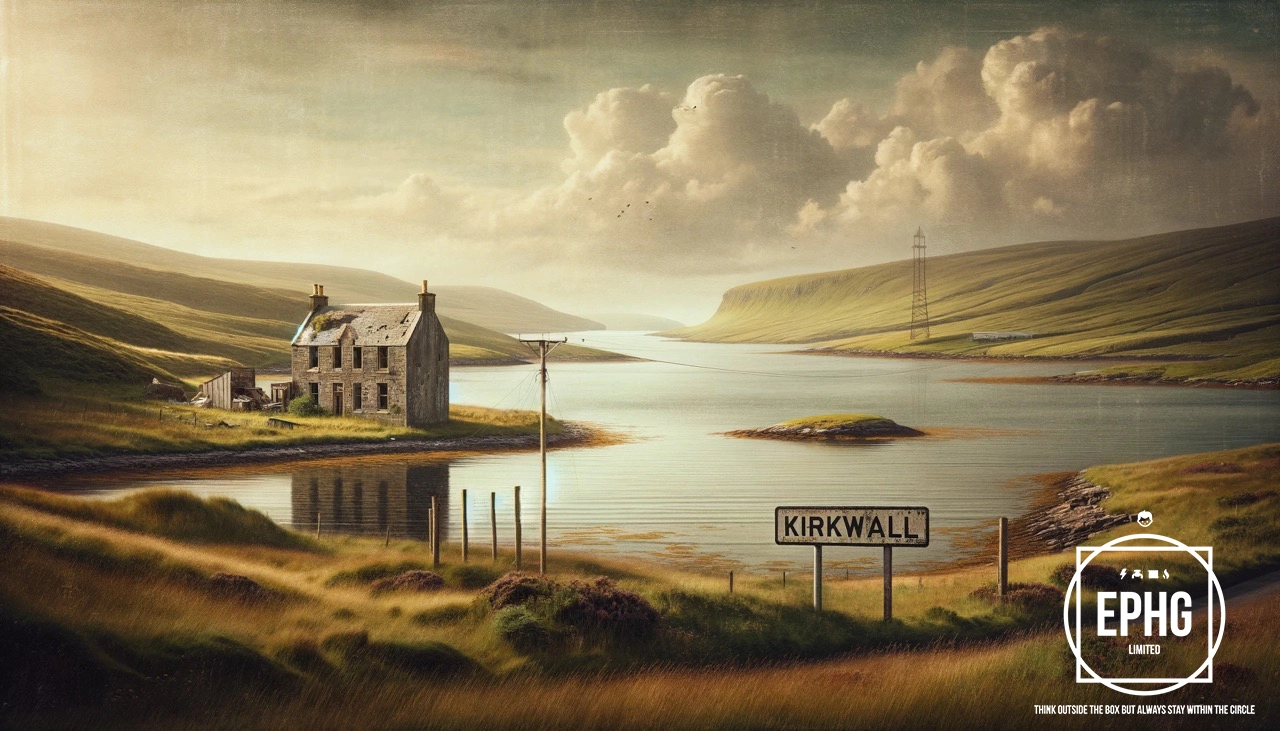
Regions within the KW Postcode
Mainland Caithness
- KW1: Wick, Thrumster
- KW2: Reiss, Ackergill
- KW3: Lybster, Dunbeath
- KW5: Latheron, Ulbster
- KW6: Berriedale
- KW7: Scorrie
- KW8: Helmsdale
- KW9: Brora
- KW10: Golspie
- KW12: Halkirk, Westfield
- KW14: Thurso, Scrabster
Orkney Islands
- KW15: Kirkwall
- KW16: Stromness, Hoy
- KW17: Orkney (Isles), including Westray, Sanday, Stronsay, etc.
Northern Caithness and Sutherland
- KW11: Kinbrace, Forsinard
- KW13: Bettyhill, Tongue
